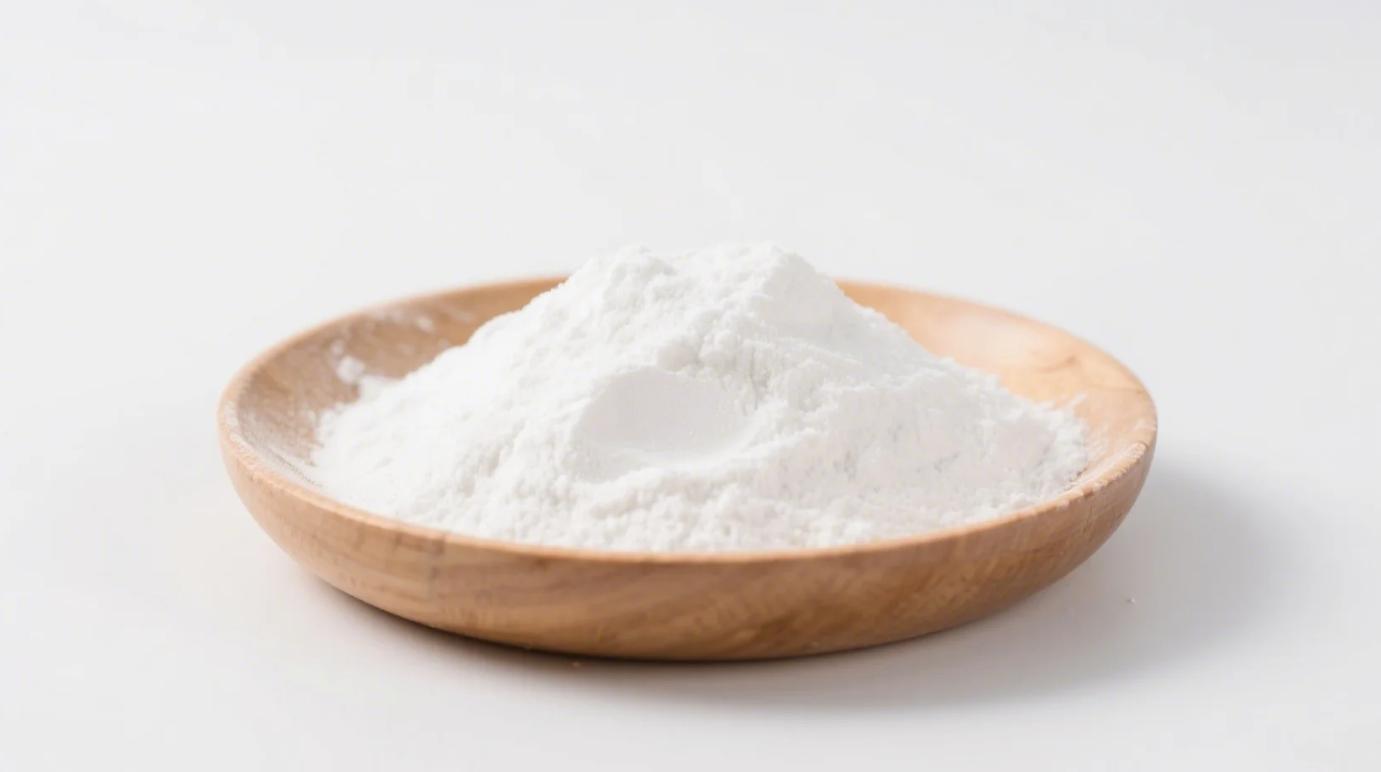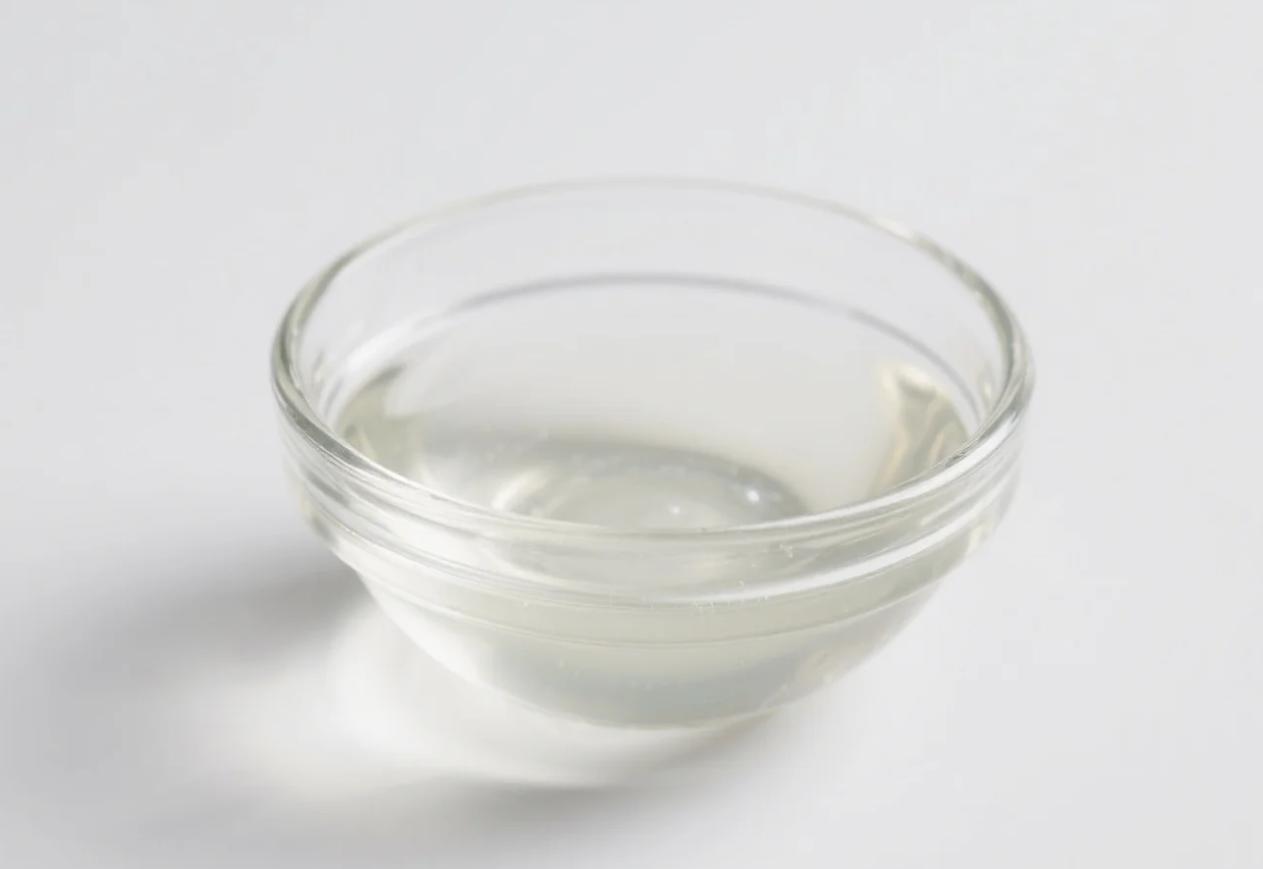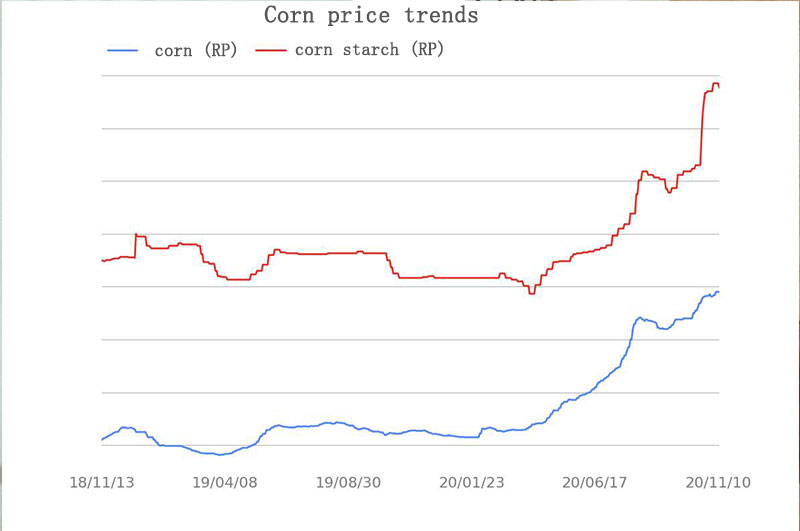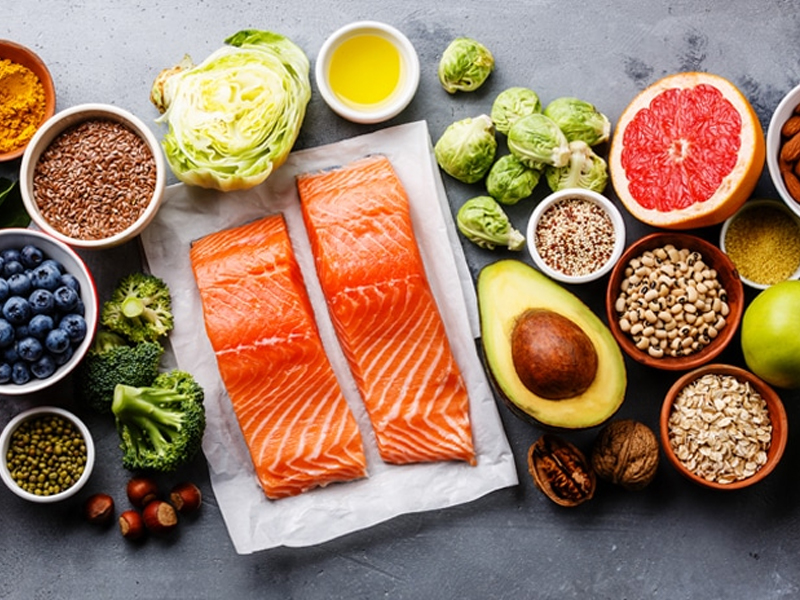Let’s settle this once and for all: Glucose syrup is in everything—from artisan sourdough to protein bars. It’s praised as a “clean” sweetener, demonized as “liquid sugar,” and shrouded in confusion. After months of testing organic glucose syrup in my kitchen (and arguing with foodie friends), here’s the real deal on whether it’s “natural,” why organic matters, and who should think twice before pouring it into their latte.
Glucose Syrup 101: It’s Not What You Think
Glucose syrup is a liquid sweetener made by breaking down starch (usually corn, wheat, or potatoes) into glucose molecules. Organic glucose syrup swaps GMO crops and synthetic enzymes for organic starch and natural processing methods.
But here’s the kicker: “Natural” is a marketing term, not a scientific one. By definition, glucose syrup is derived from natural sources—but so is gasoline. Let’s dig deeper.
Is It “Natural”? Depends on Who You Ask
- FDA Says: Yes, if it’s made without synthetic chemicals (but they don’t regulate the term “natural”).
- Food Purists Say: No, because it’s heavily processed.
- Chemists Say: Glucose is glucose, whether from an apple or a lab.
My Take: Organic glucose syrup is as natural as yogurt—it’s fermented, not synthesized. But it’s still a refined product, like maple syrup or honey.
Organic vs. Regular Glucose Syrup: Night and Day
| Factor | Organic Glucose Syrup | Regular Glucose Syrup |
|---|---|---|
| Source | Non-GMO, organic crops (e.g., wheat) | Often GMO corn or potato starch |
| Processing | Natural enzymes (from microbes) | Synthetic enzymes (like alpha-amylase) |
| Pesticides | None (third-party tested) | Residues common |
| Taste | Subtle, malty sweetness | Bland, chemical aftertaste |
Fun Fact: Organic glucose syrup is a staple in European bakeries for its clean flavor and caramelization power.
The Health Debate: Not All Glucose Is Created Equal
Glucose syrup is 100% glucose—the same sugar your cells burn for energy. Unlike fructose (the liver’s enemy), glucose is metabolized system-wide. But that doesn’t mean it’s “healthy”:
Pros:
- Fast Energy: Ideal for athletes or hypoglycemia emergencies.
- Low FODMAP: Safe for IBS sufferers (unlike honey or agave).
- No Liver Stress: Doesn’t directly contribute to fatty liver disease.
Cons:
- Blood Sugar Spike: GI of 100 (same as pure glucose). My CGM hit 150 mg/dL after a glucose syrup latte.
- Empty Calories: Zero nutrients—just energy.
- Addictive Sweetness: Easily overused in processed foods.
When “Natural” Becomes a Problem
Glucose syrup’s biggest risk isn’t toxicity—it’s displacement. Swap whole fruits or dates for glucose syrup, and you lose fiber, vitamins, and antioxidants. Example:
- “Organic” Energy Bar: Oats + glucose syrup = faster sugar rush than a candy bar.
- Better Option: Dates + almond butter = same sweetness with fiber and magnesium.
Who Should Avoid Glucose Syrup?
- Diabetics: Unless you’re treating a hypoglycemic crash, skip it.
- Low-Carb/Keto: 25g carbs per tablespoon—enough to kick you out of ketosis.
- Whole-Food Purists: If you avoid anything with a lab-like process, pass.
How to Use Organic Glucose Syrup Wisely
- Athletic Fuel: Mix 1 tbsp into electrolyte water during endurance workouts.
- Baking Hack: Substitute 25% of sugar in cookies for softer, chewier texture.
- Caramel Magic: Makes foolproof, non-grainy caramel (heat to 340°F and pour).
Recipe Alert: Try 3-Ingredient Vegan Caramel:
- 1 cup organic glucose syrup
- ½ cup coconut cream
- Pinch of salt
Simmer for 10 mins, cool, and drizzle over apples.
The Verdict
Organic glucose syrup is a natural-ish sweetener with a clear purpose: quick energy and culinary precision. It’s not a health food, but it’s far from the devil. Think of it like olive oil—processing doesn’t make it “bad,” but moderation is key.
If you’re going to use it, choose organic, respect the glycemic punch, and never let it crowd out whole foods.
Final Tip: Swap corn syrup for organic glucose syrup in pecan pie. The flavor? Pure nostalgia without the GMO guilt.
Organic glucose syrup: Not a superfood, but a chef’s secret weapon.
Related Products
Organic Potato Starch Powder
White powder, excellent thickening, USDA & EU Organic, vegan, non-GMO.
Organic Glucose Syrup
Natural Sweetener & Functional Ingredient for Food, Beverage & Confectionery



